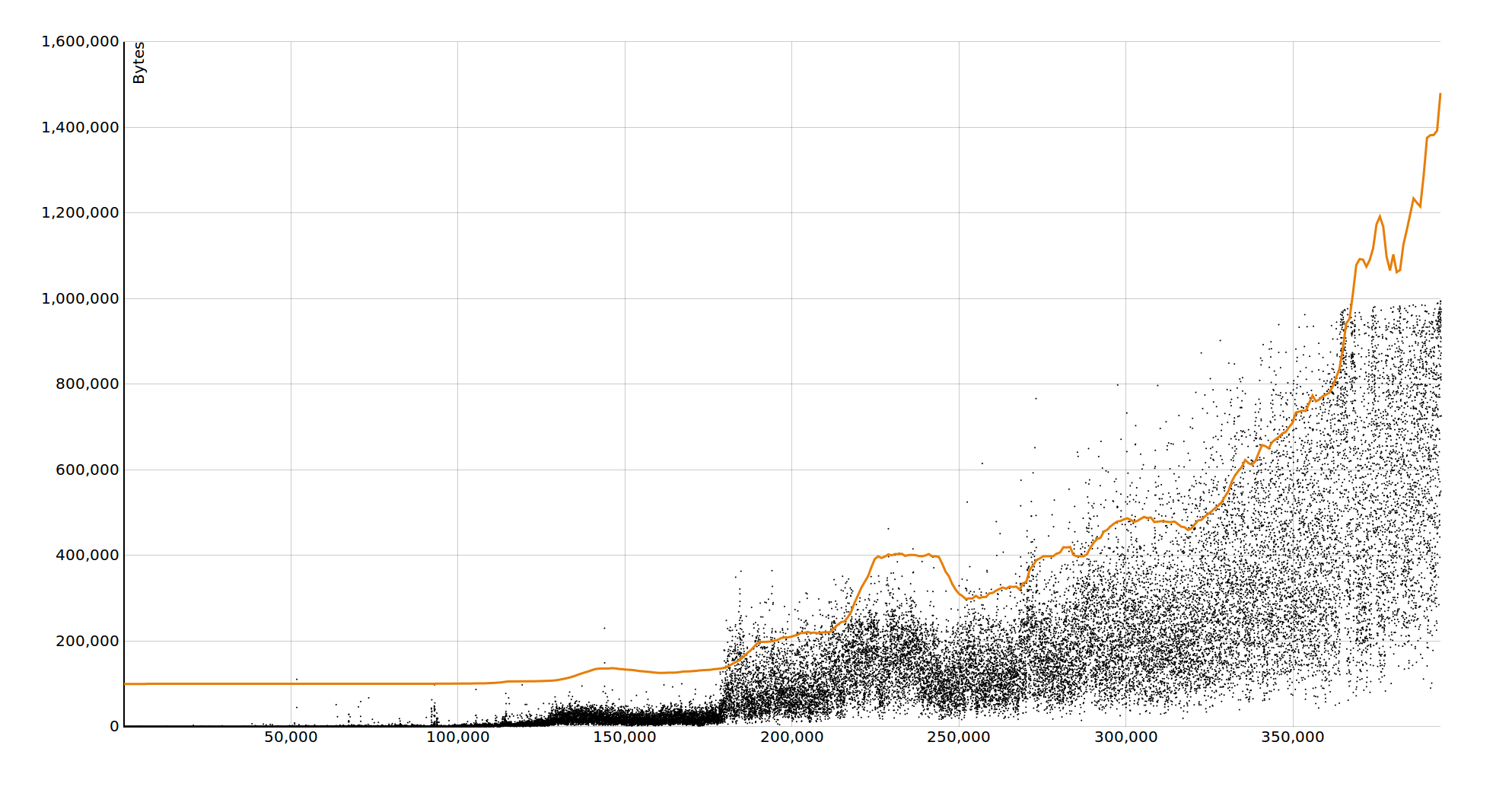Christoph Bergmann
Active Member
@sickpig
Ok. I use a system I bought in mid 2013 with monitor for ~400€, so maybe my hdd is low quality.
My processor is 2x3,3ghz, 16gig ram. dbcache in the gui is max 1024, I set it to 1000.
my download is far from being on its limit. This is not the bottleneck. CPU is working most time with ~100%, but sometimes it goes down for some minutes.
Would it be possible that a node with a faked blockchain is still a node? And how should it be possible to profit from any kind of blockchain-manipulation, if every nodes checks the utxo?
Edit: some weeks ago I tried it with an old laptop (bought mid 2013 for 200€). After three days I gave up. But maybe I had the wrong cpu settings.
Can unlimited integrate some "modi" in the configuration, like weak system, medium system, fast system, minimal ressources, maximal ressources? As I see it, the default configuration is minimal ressources of a weak system, right?
Ok. I use a system I bought in mid 2013 with monitor for ~400€, so maybe my hdd is low quality.
My processor is 2x3,3ghz, 16gig ram. dbcache in the gui is max 1024, I set it to 1000.
my download is far from being on its limit. This is not the bottleneck. CPU is working most time with ~100%, but sometimes it goes down for some minutes.
Would it be possible that a node with a faked blockchain is still a node? And how should it be possible to profit from any kind of blockchain-manipulation, if every nodes checks the utxo?
Edit: some weeks ago I tried it with an old laptop (bought mid 2013 for 200€). After three days I gave up. But maybe I had the wrong cpu settings.
Can unlimited integrate some "modi" in the configuration, like weak system, medium system, fast system, minimal ressources, maximal ressources? As I see it, the default configuration is minimal ressources of a weak system, right?
Last edited:

